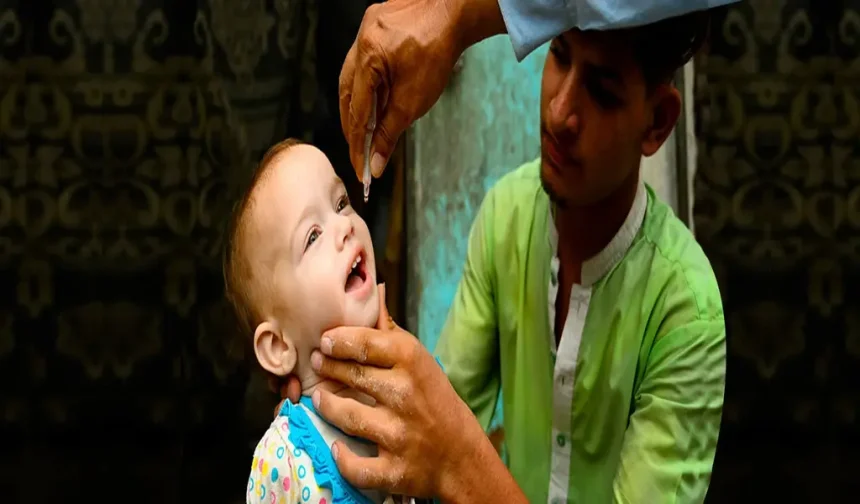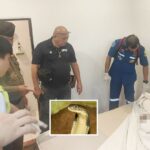(CTN News) – Kerala, India, has reported a rare and alarming instance of vaccine-derived polio virus (VDPV), which the globe is still grappling with. Here, a kid with an immunological deficit gave his healthy father VDPV, which sparked concerns about the possible polio virus spreading across the neighborhood.
The World Health Organisation, the ICMR-National Institute of Immunohematology, and the Mumbai-based ICMR-National Institute of Virology discovered the finding during research. The journal Vaccines published the results of this investigation, which was conducted in two stages in 2022.
India reports rare case of vaccine-derived polio virus transmission from child to dad
Researchers examined the excretion of poliovirus and non-polio enteroviruses in 157 children with inborn errors of immunity (IEI) from various regions of India. Researchers discovered that one youngster from Kerala’s Malappuram district was excreting the virus after receiving two doses of the oral polio vaccination (OPV).
The data was promptly sent to WHO, the health ministry, and ICMR Delhi on August 1, 2022, sparking an epidemiological inquiry in the neighborhood.
The investigation discovered that the father of the kid, a 32-year-old guy in good health who showed no symptoms, was also excreting the same virus, even though all other community samples came back negative.
The research highlights the danger of immunodeficiency-related vaccine-derived polioviruses (iVDPVs) for the resurgence of polio, even if it doesn’t go into depth about the father’s recovery.
It asks for a long-term monitoring strategy for iVDPV to guarantee ongoing efforts throughout the post-polio eradication stage. According to the research, “enhancement of IEI surveillance will enable prompt detection and the monitoring of iVDPV excretion to reduce the risk of iVDPV transmission.”
Very few cases of iVDPV transmission to healthy contacts have been recorded worldwide. US research found that 23 children, one of whom had a severe combined immunological deficit, were impacted by VDPV transmission in an unvaccinated neighborhood.
A second Spanish investigation also documented the spread of iVDPV to uninfected contacts. One of the few cases of iVDPV transmission inside a family is the report from Kerala that is being presented today.
In 2014, India and ten other nations in the WHO Southeast Asia Region were declared polio-free. Since January 2011, there have been no newly reported cases of polio from naturally circulating poliovirus in India.
On occasion, however, polioviruses that are vaccine-derived have been discovered. These viruses are produced from a strain of the oral polio vaccination (OPV).
A live, weakened polio virus called the OPV replicates in the gut and increases immunity by generating antibodies. The World Health Organisation states that in unvaccinated groups, particularly in locations with inadequate sanitation, hygiene, or overcrowding, the OPV strain may seldom undergo genetic alteration and spread.
According to the UN health organization, “the longer vaccine-derived polio virus survives and the more genetic changes it undergoes, the lower the population’s immunity.” Rarely, the virus generated by the vaccination may transform into a form akin to the wild polio virus that may paralyse people.
Source: Healthwire














